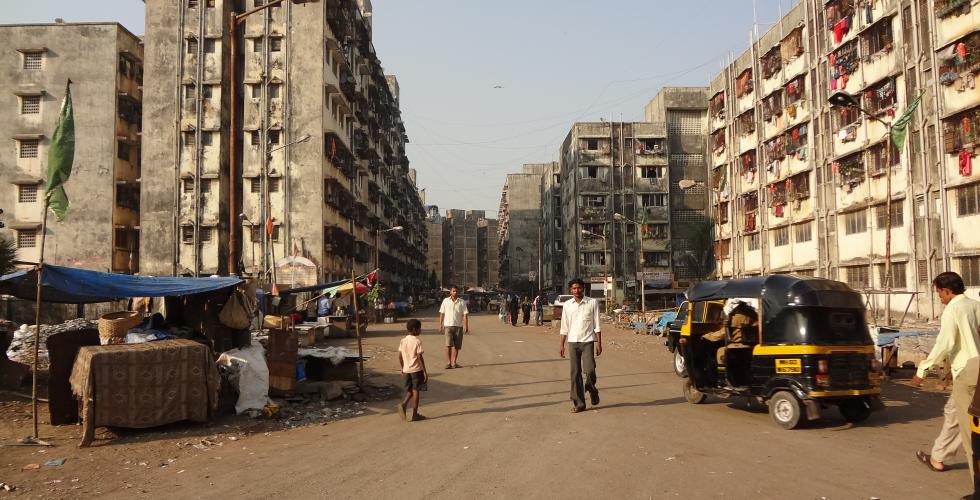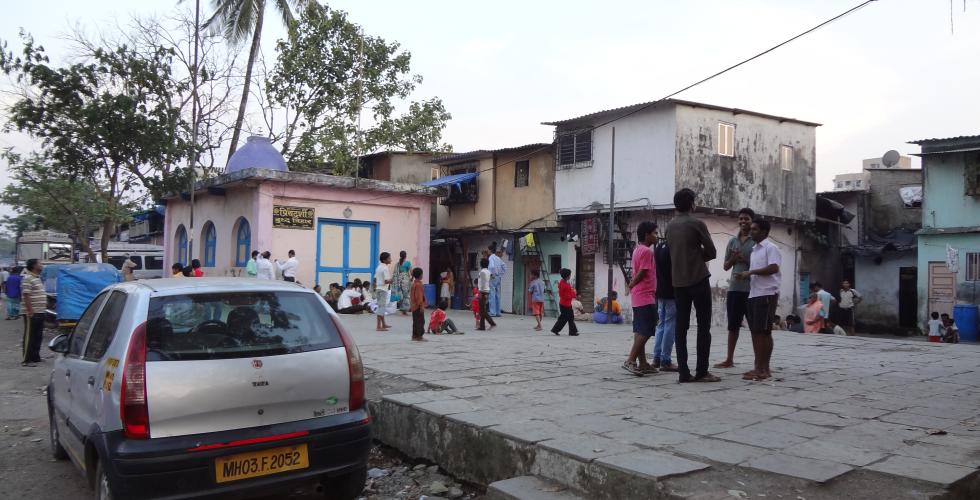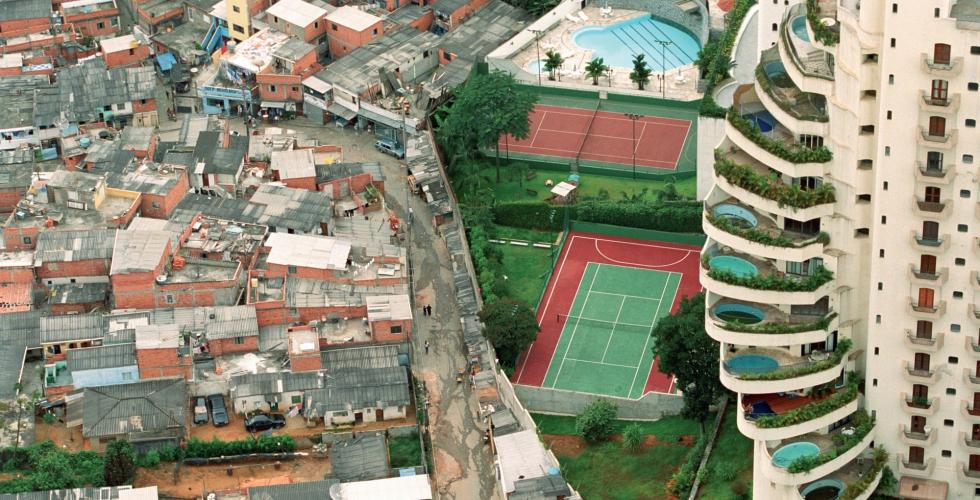Subaltern Urbanism
This seminar asks how spatial politics intersect with economic inequality and social difference (race, gender, caste, and ethnicity) to produce marginalized and stigmatized spaces such as “favelas,” “slum,” and “ghettos.” The seminar draws on the convergent yet distinct urban trajectories of Bombay/Mumbai and Rio de Janeiro as a place from which to explore questions of comparative and global urbanism from an explicitly South-South perspective. That is, we ask how Bombay and Rio’s distinct yet connected urbanity might force us to alter our approaches to the city; approaches that are largely drawn from modular Euro-American paradigms for understanding urbanization as coeval with modernity, as well as industrialization. We do so in this seminar by focusing on people and practices—subaltern urbanity (and on those whose labor produced the modern city), as well as on spatial orders—the informal or unintended city—to ask the question: “what makes and unmakes a city?” How might questions about built form, industrialization, capital flows, and social life and inhabitation that takes the perspective of “city theory from the Global South” shed new understanding on the history of the city, the extranational frames of colonial modernity, and the ongoing impact of neoliberalism? How can we rethink critical concepts in urban studies (precarity, spatial segregation, subalternity, economies of eviction, urban dispossession) through embedded studies of locality and lifemaking? This seminar is co-taught by Professors Ana Paulina Lee and Anupama Rao.
The seminar is supported by the Center for Spatial Research with a grant to support the development of new courses that focus on topics that address spatial inequality from a variety of disciplinary perspectives, including the humanities and the arts, and through innovative teaching approaches. Additional support for this course is provided by the Social Sciences Research Council.
LAIC 6892/CPLS GU 4892
Tuesday 6:10-8 PM
Casa Hispanica 505
Call number: 15776
Open to students within GSAS, GSAPP, Barnard and Columbia Colleges, School of General Studies, and others by permission. This course includes an optional digital mapping workshop component.
Enrollment by permission, apply here.


